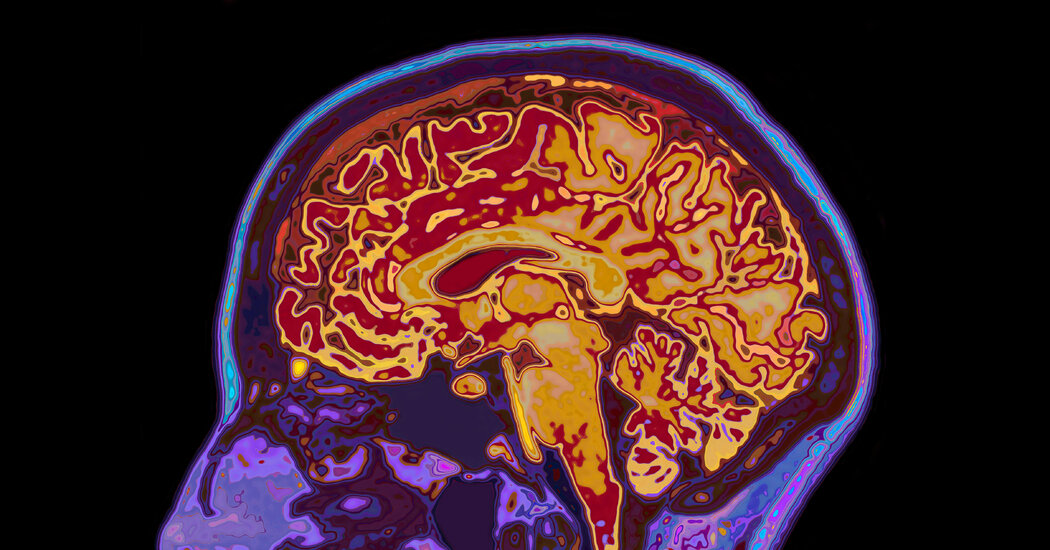Speaking two languages provides the enviable ability to make friends in unusual places. A new study suggests that bilingualism may also come with another benefit: improved memory in later life.
Studying hundreds of older patients, researchers in Germany found that those who reported using two languages daily from a young age scored higher on tests of learning, memory, language and self-control than patients who spoke only one language.
The findings, published in the April issue of the journal Neurobiology of Aging, add to two decades of work suggesting that bilingualism protects against dementia and cognitive decline in older people.
“It’s promising that they report that early and middle-life bilingualism has a beneficial effect on cognitive health in later life,” said Miguel Arce Rentería, a neuropsychologist at Columbia University who was not involved in the study. “This would line up with the existing literature.”
In recent years, scientists have gained a greater understanding of bilingualism and the aging brain, though not all their findings have aligned. Some have found that if people who have fluency in two languages develop dementia, they’ll develop it at a later age than people who speak one language. But other research has shown no clear benefit from bilingualism.
Neuroscientists hypothesize that because bilingual people switch fluidly between two languages, they may be able to deploy similar strategies in other skills — such as multitasking, managing emotions and self-control — that help delay dementia later on.
The new study tested 746 people age 59 to 76. Roughly 40 percent of the volunteers had no memory problems, while the others were patients at memory clinics and had experienced confusion or memory loss.
All were tested on a variety of vocabulary, memory, attention and calculation tasks. They were asked to recall previously named objects, for example, and to spell words backward, follow three-part commands and copy designs presented to them.
Volunteers who reported using a second language daily between age 13 and 30 or between age 30 and 65 had higher scores on language, memory, focus, attention, and decision-making abilities compared with those who were not bilingual at those ages.
Investigating bilingualism at different life stages is a unique approach, said Boon Lead Tee, a neurologist at the University of California, San Francisco, who was not involved in the research. With the impressively large sample size, she said, the authors of the study can probably generate other novel results, such as whether the age at which a person acquired each language affected their cognition in later life.
She cautioned, however, that the study only focused on one aspect of bilingualism: using two languages every day for long periods of time. The positive effects on cognition may turn out to be caused by another factor, such as the age at which the two languages were encoded into memory, or the particular demographic or life experiences of people who happen to be bilingual.
Other experts agreed that the results might have been different if the researchers had asked volunteers if they had spoken a second language once a week, or even less frequently, rather than every day.
“I think there isn’t a definition that everybody agrees upon, and I think there will never be because being a bilingual is a full spectrum,” said Esti Blanco-Elorrieta, a language researcher at Harvard University.
It’s also crucial for future research to look at the broader benefits of bilingualism, said Dr. Blanco-Elorrieta, who speaks Basque, English, German and Spanish.
“The advantage of being bilingual doesn’t really lie on these milliseconds of advantage that one can have in a cognitive task,” she said. “I think the importance of being bilingual is being able to communicate with two cultures and two ways of seeing the world.”




